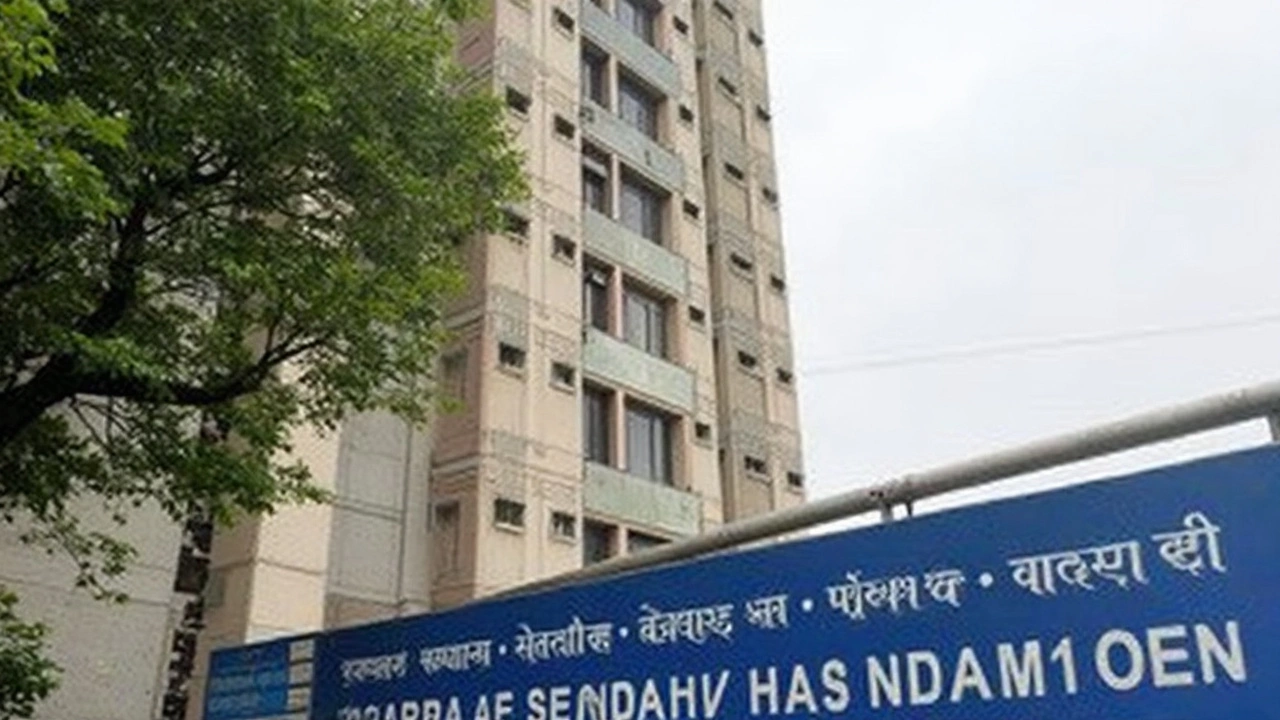Board Exam Preparation and Strategies
When tackling board exam, a formal assessment that determines student promotion and future opportunities in India. Also known as school exam, it spans subjects such as mathematics, science, languages, and social studies. Understanding the structure, timing, and grading criteria is the first step toward a focused study plan.
Key Players and How They Shape the Test
The two major authorities shaping the board exam landscape are CBSE, the Central Board of Secondary Education that sets a nationwide syllabus and exam pattern and various state boards, regional education bodies that tailor curricula to local languages and requirements. CBSE influences exam difficulty through its emphasis on analytical questions, while state boards often prioritize regional content. Knowing which authority governs your school helps you choose the right study material and mock tests.
Beyond the governing bodies, effective preparation hinges on three practical pillars: study tips, time management, and mock examinations. Study tips include breaking chapters into bite‑size chunks, using active recall, and teaching concepts to a peer. Time management means allocating fixed slots for each subject, tracking progress with a planner, and reserving weekends for full‑length practice papers. Mock exams simulate real conditions, reveal weak areas, and build stamina for the actual board day.
Putting these pieces together creates a clear roadmap: the board exam encompasses a defined syllabus (CBCB curriculum or state board guidelines), requires disciplined study habits, and benefits from repeated testing. When you align your resources with the exam authority's pattern, apply proven study techniques, and master time‑boxing, you turn a daunting test into a manageable challenge. Below, you’ll find a curated collection of articles that dive deeper into each of these aspects, offering actionable insights you can start using right away.
